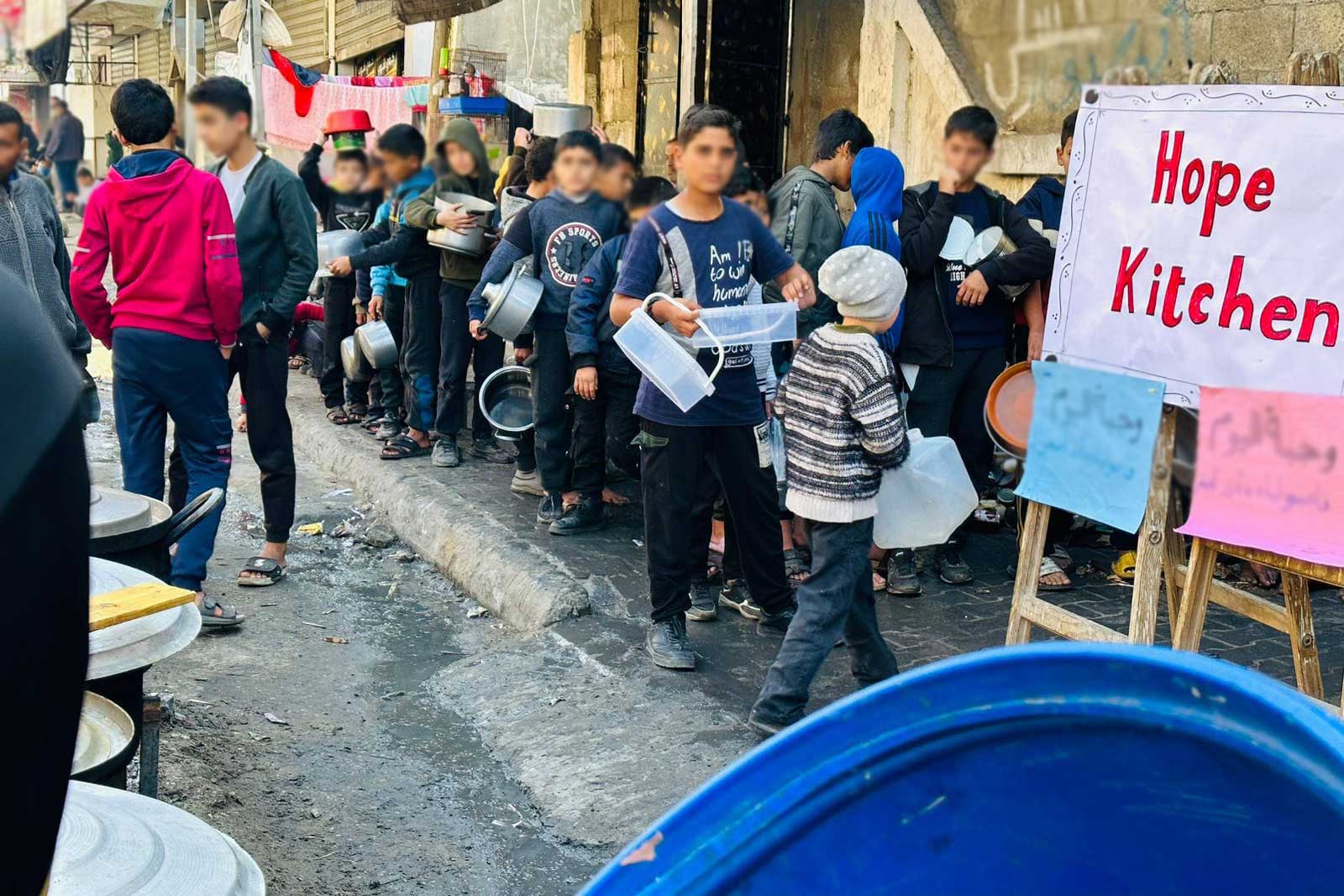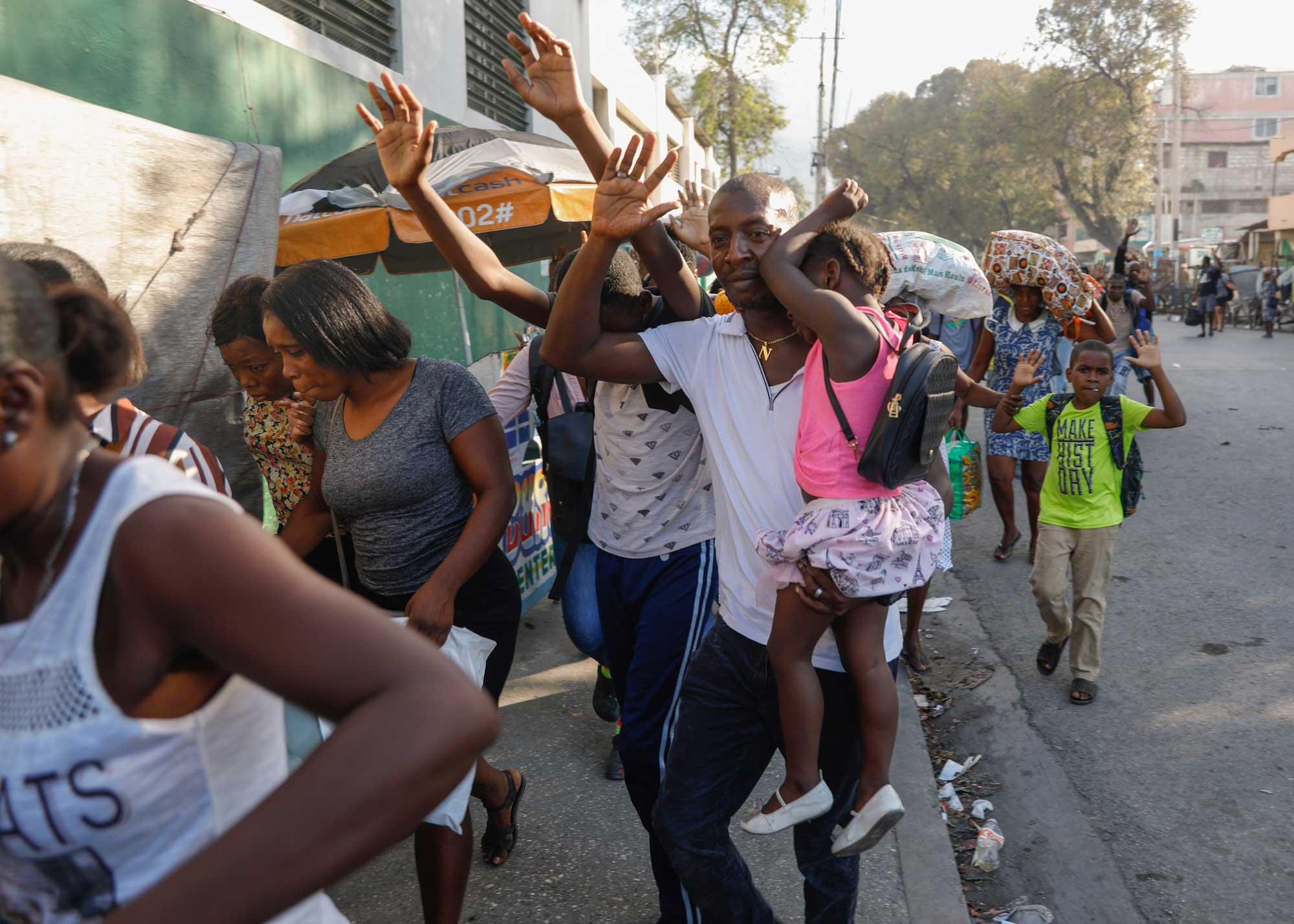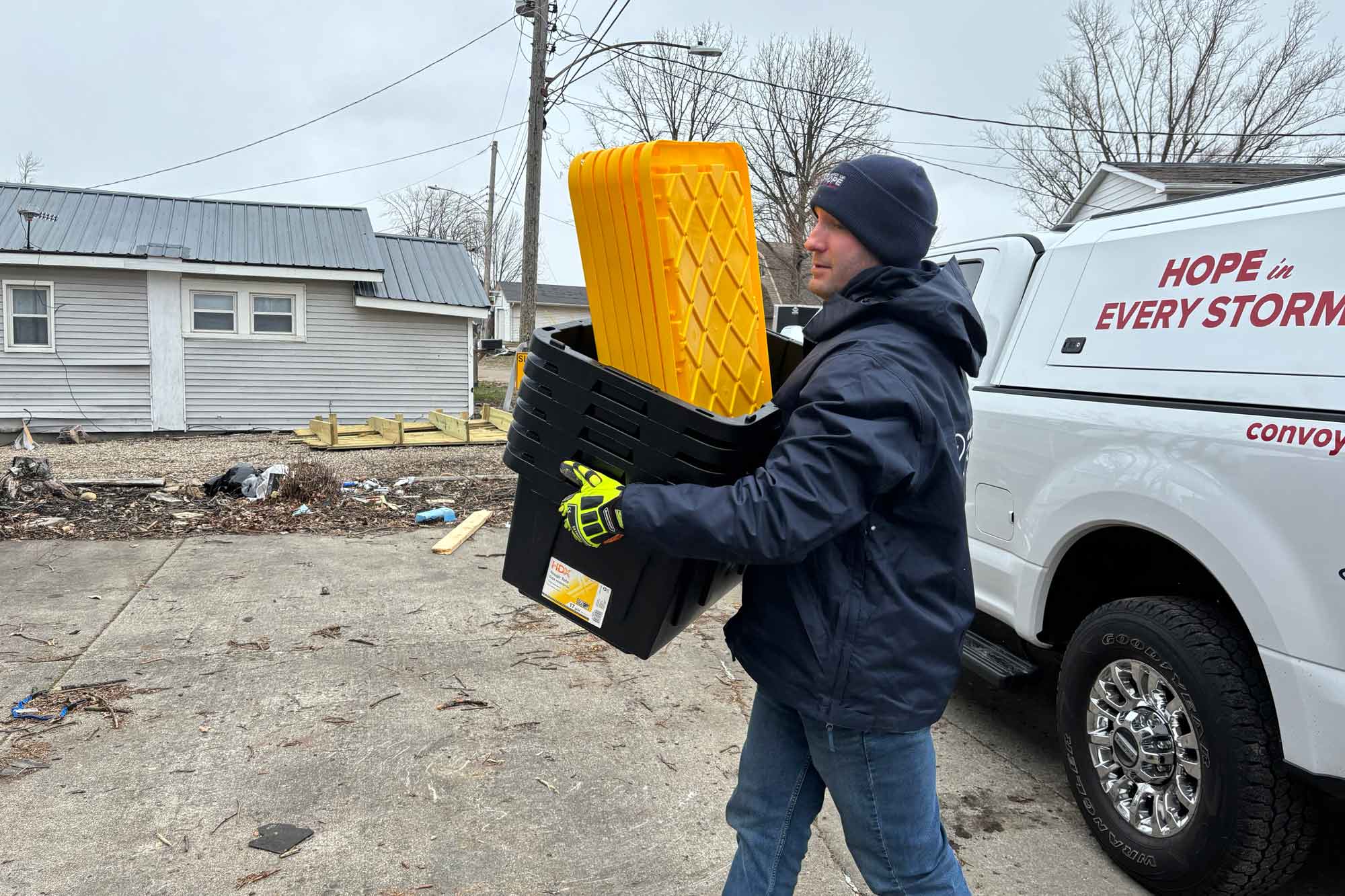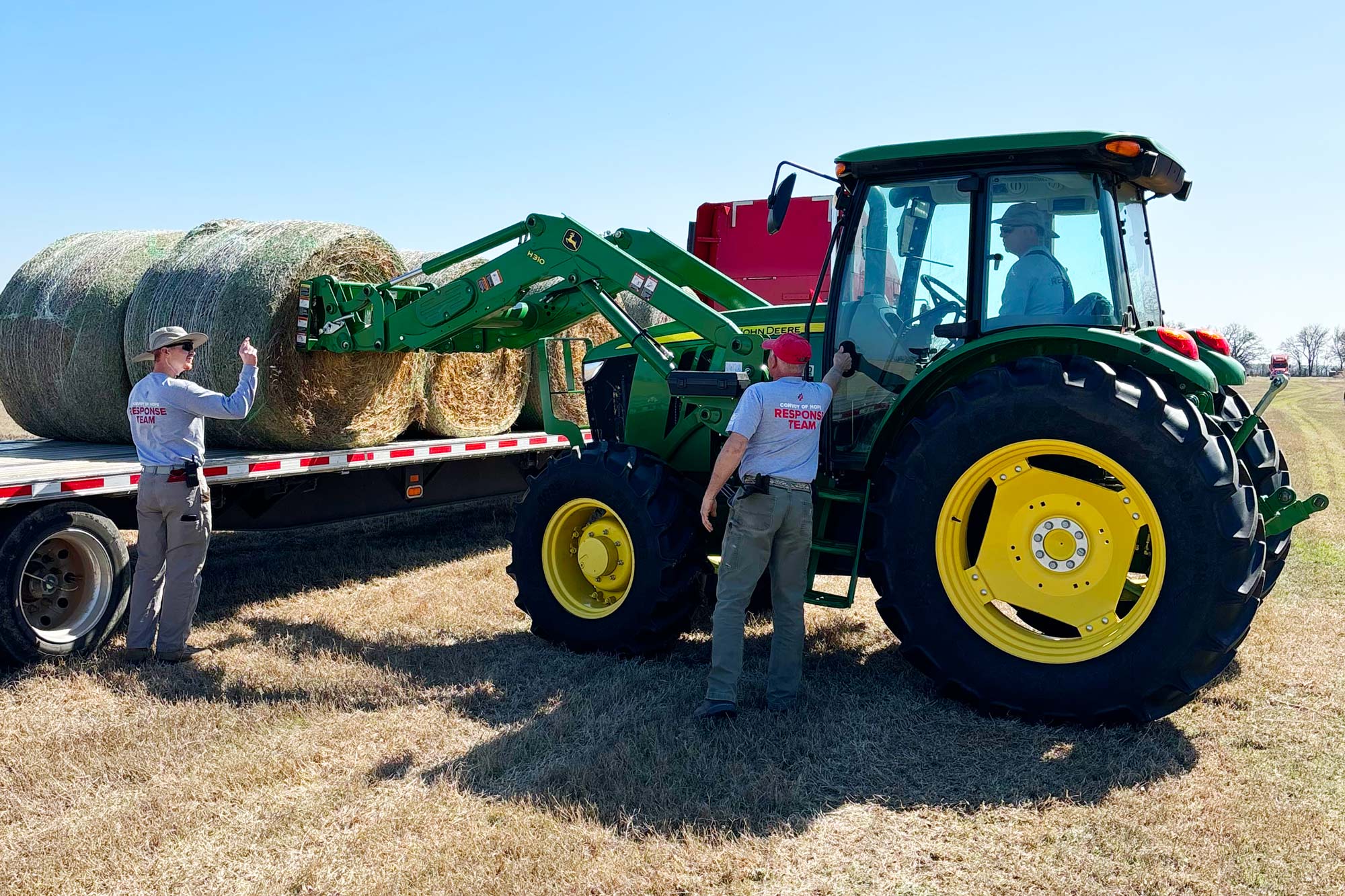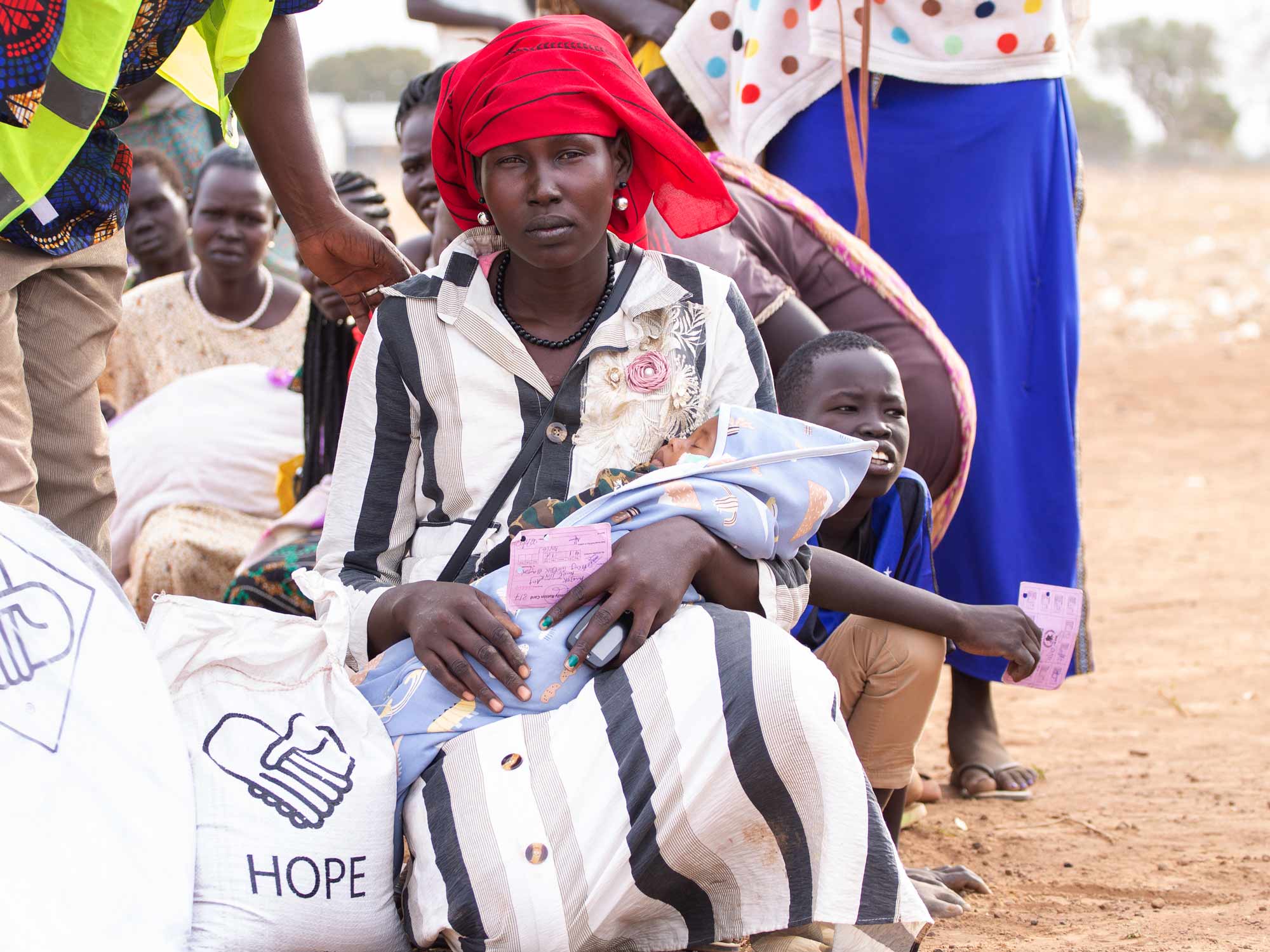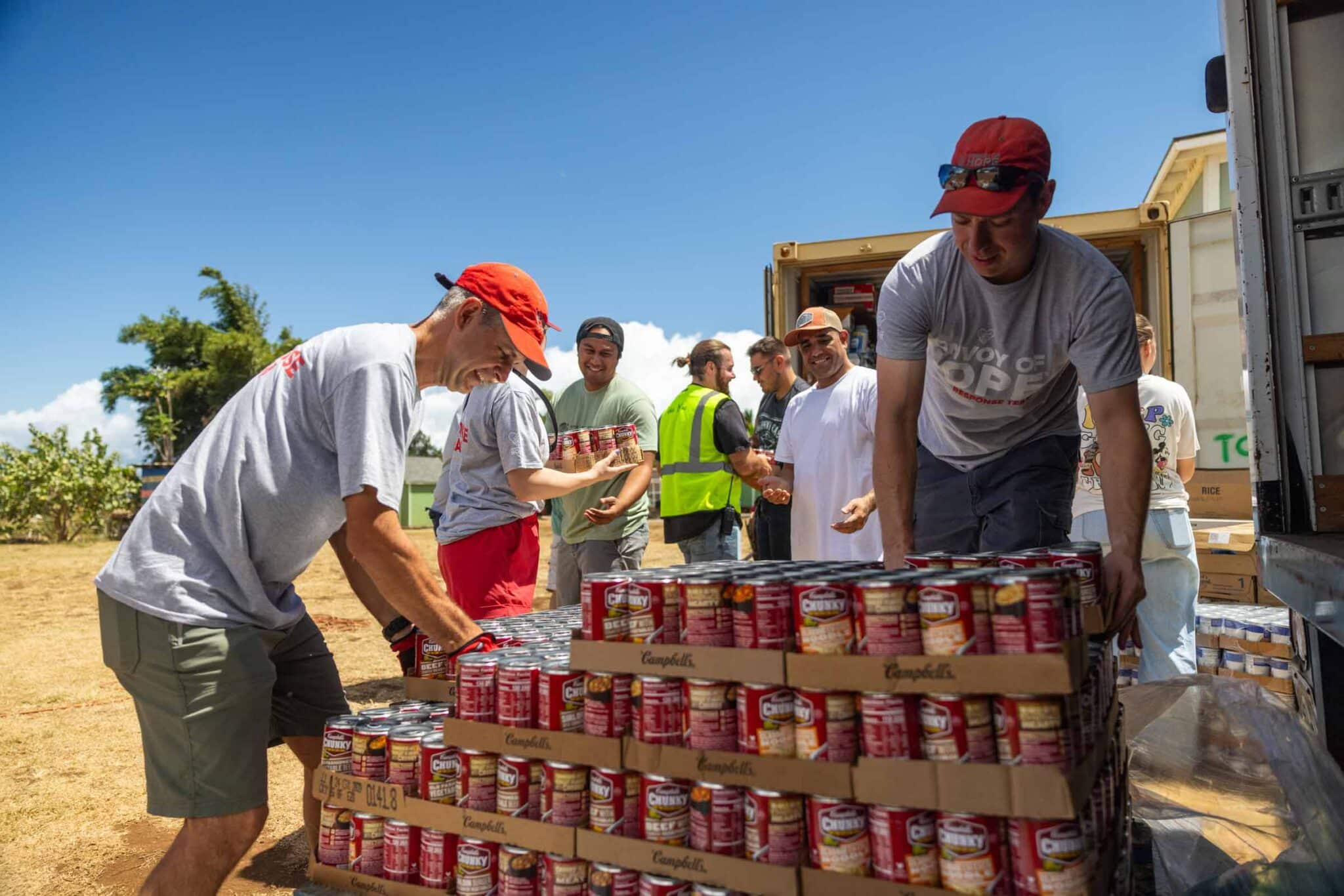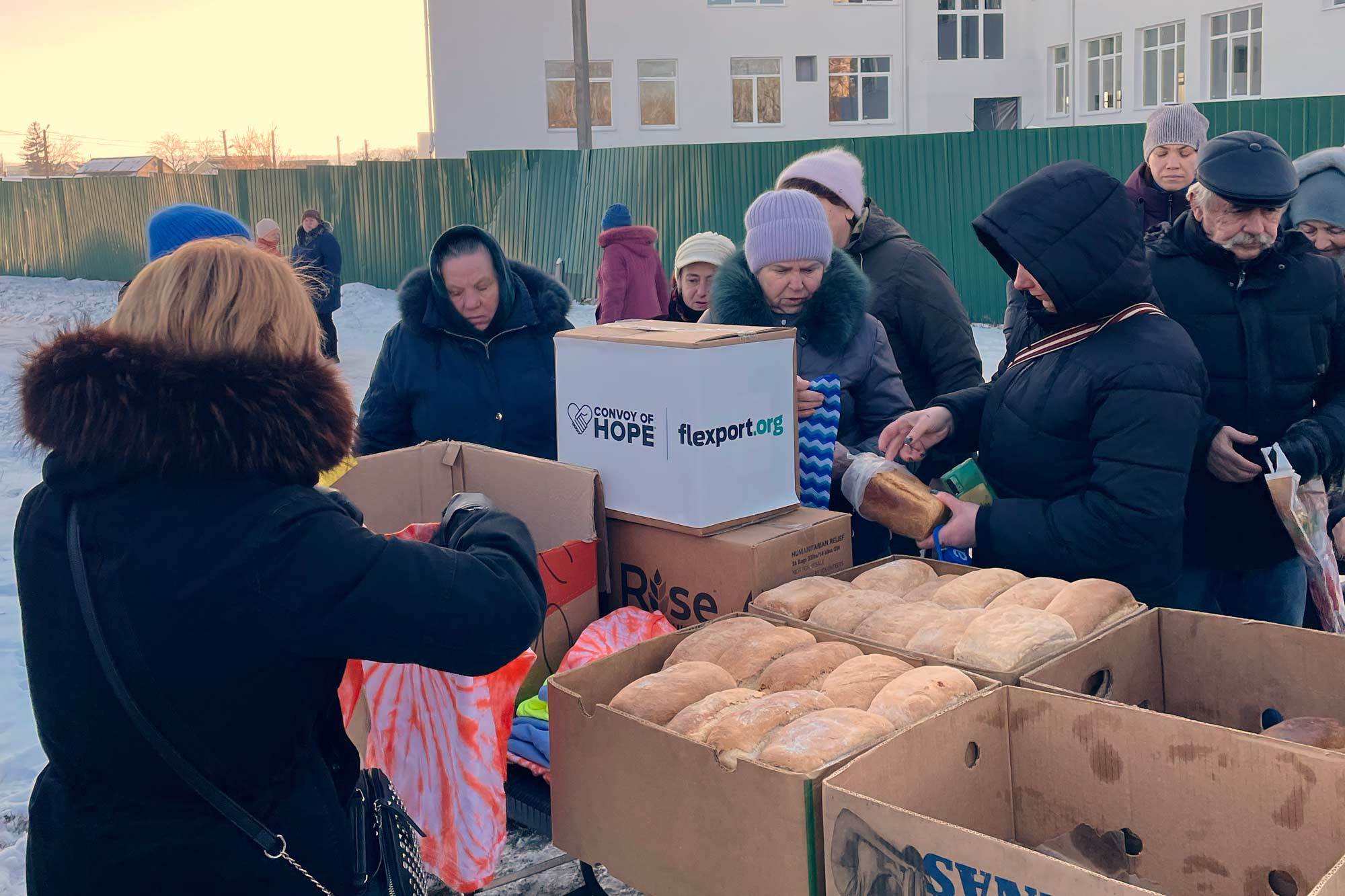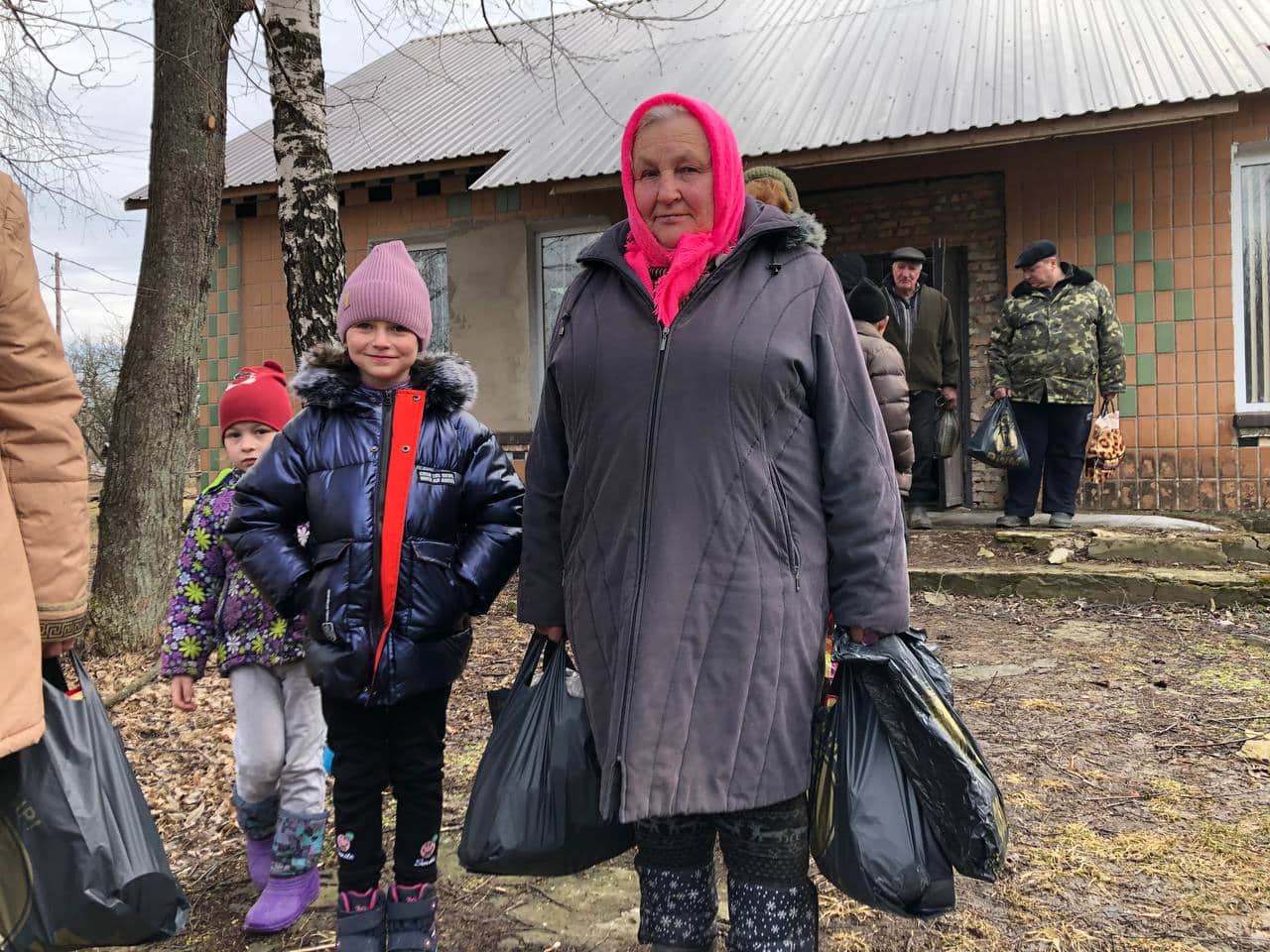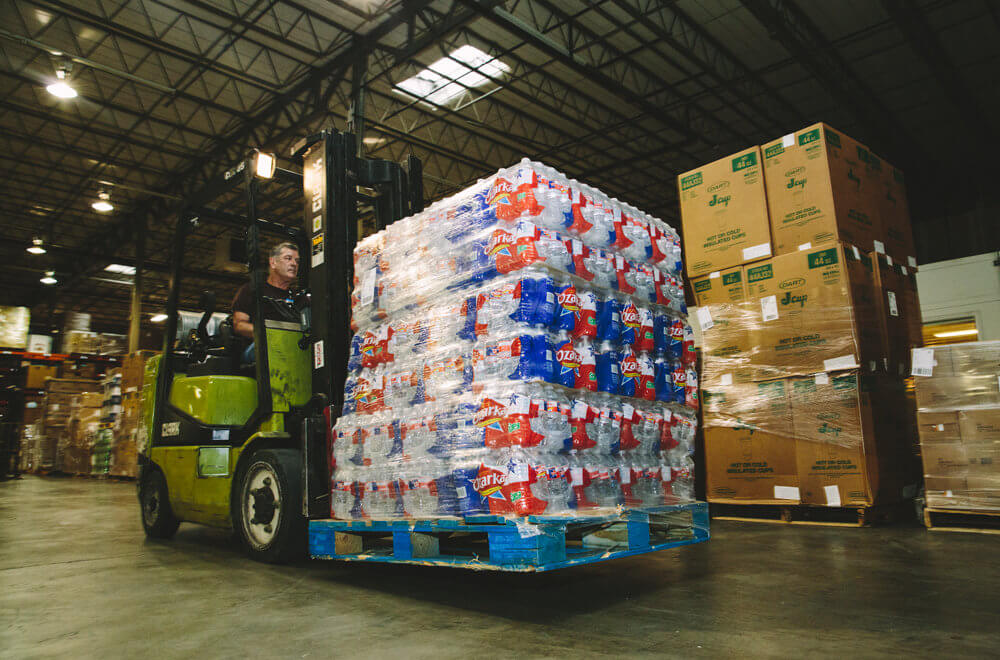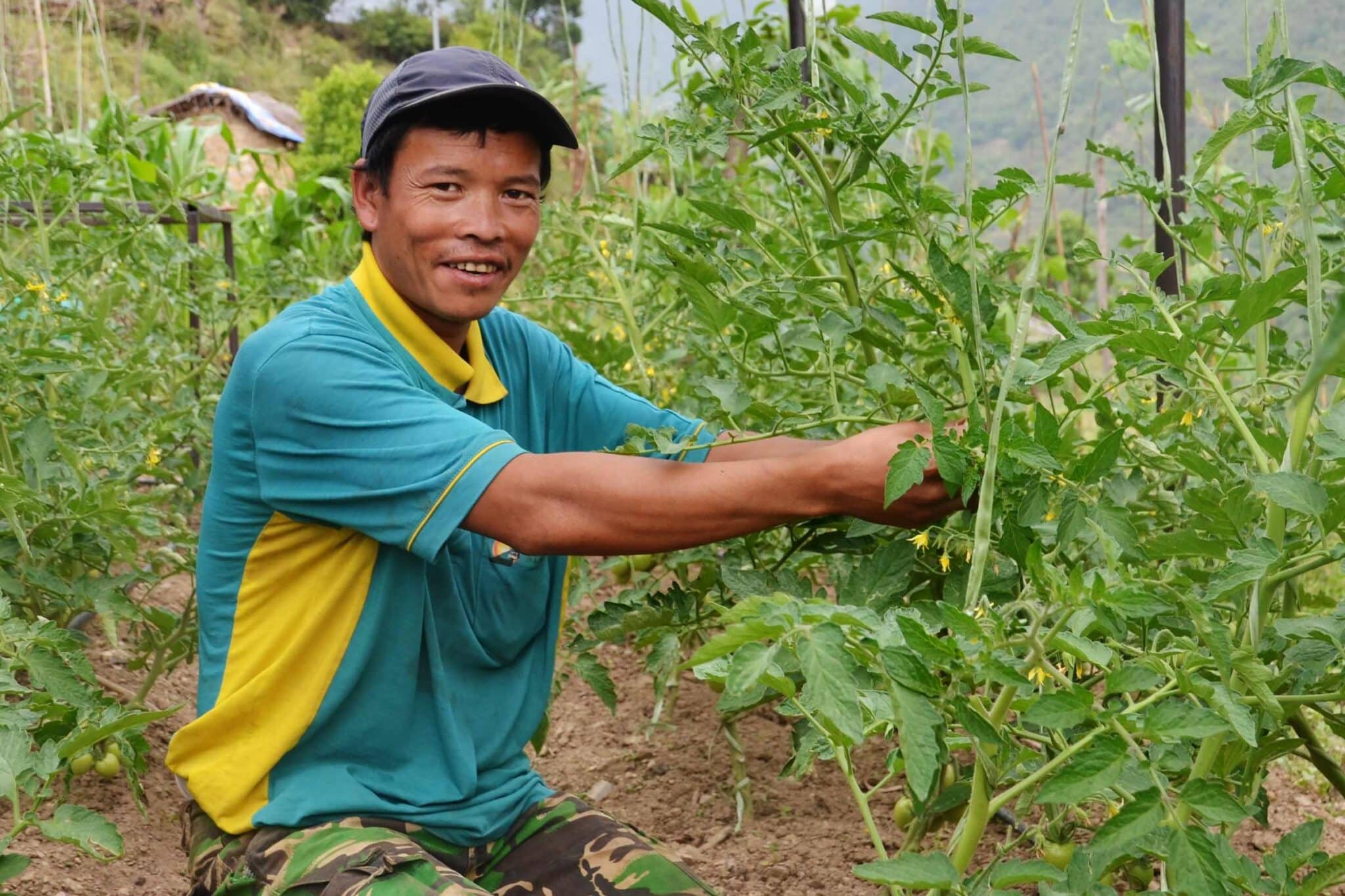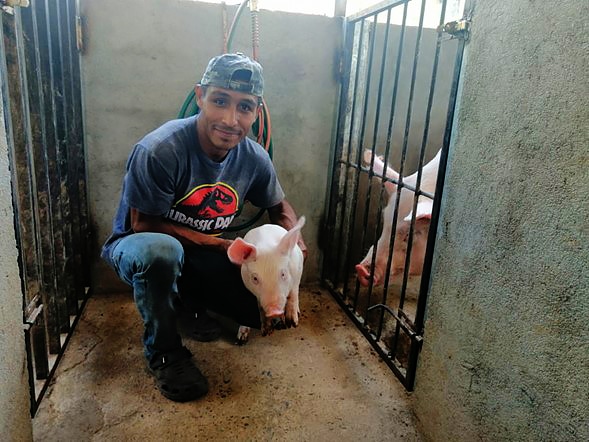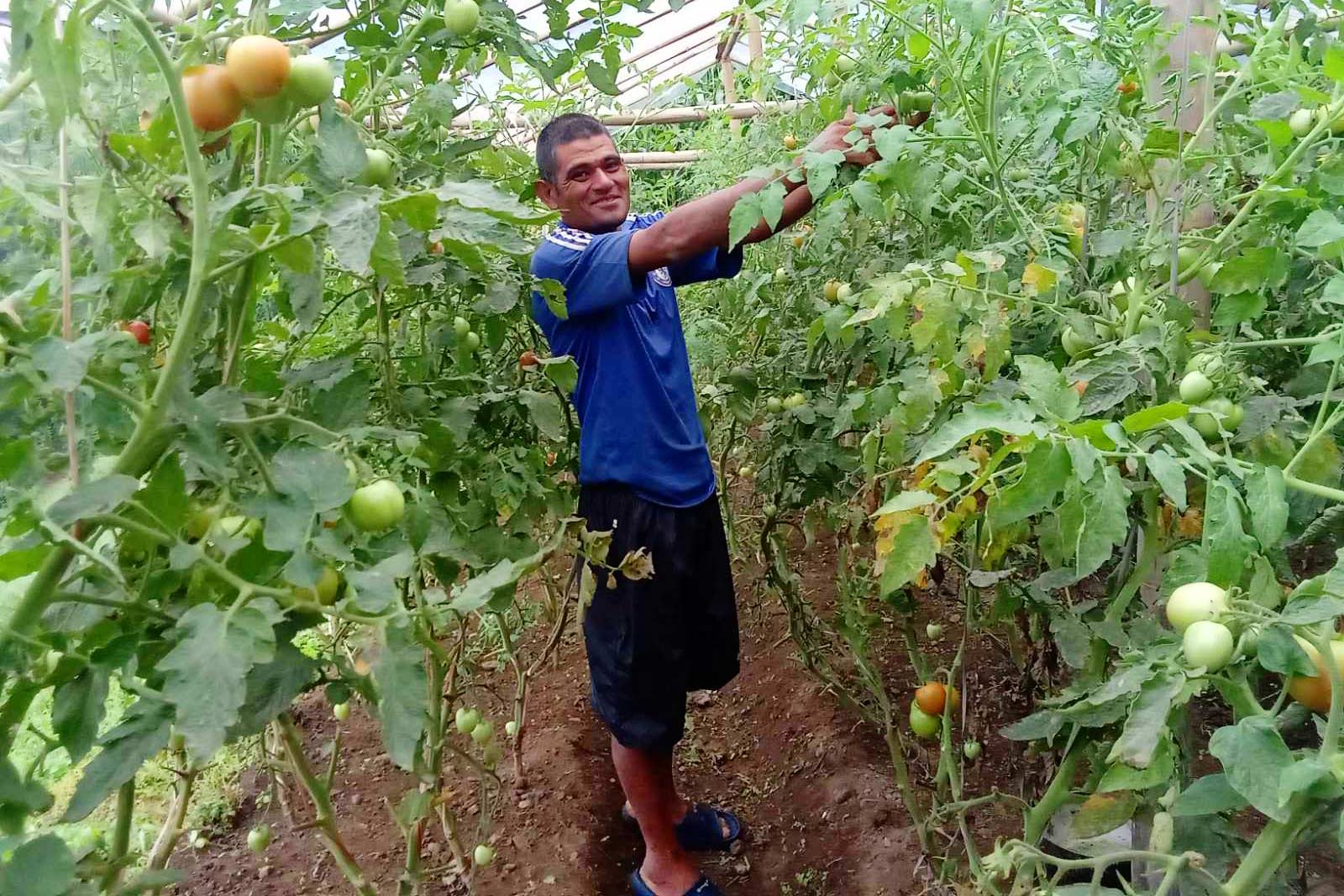Convoy & USAID Help Farmers in Bahamas After Dorian
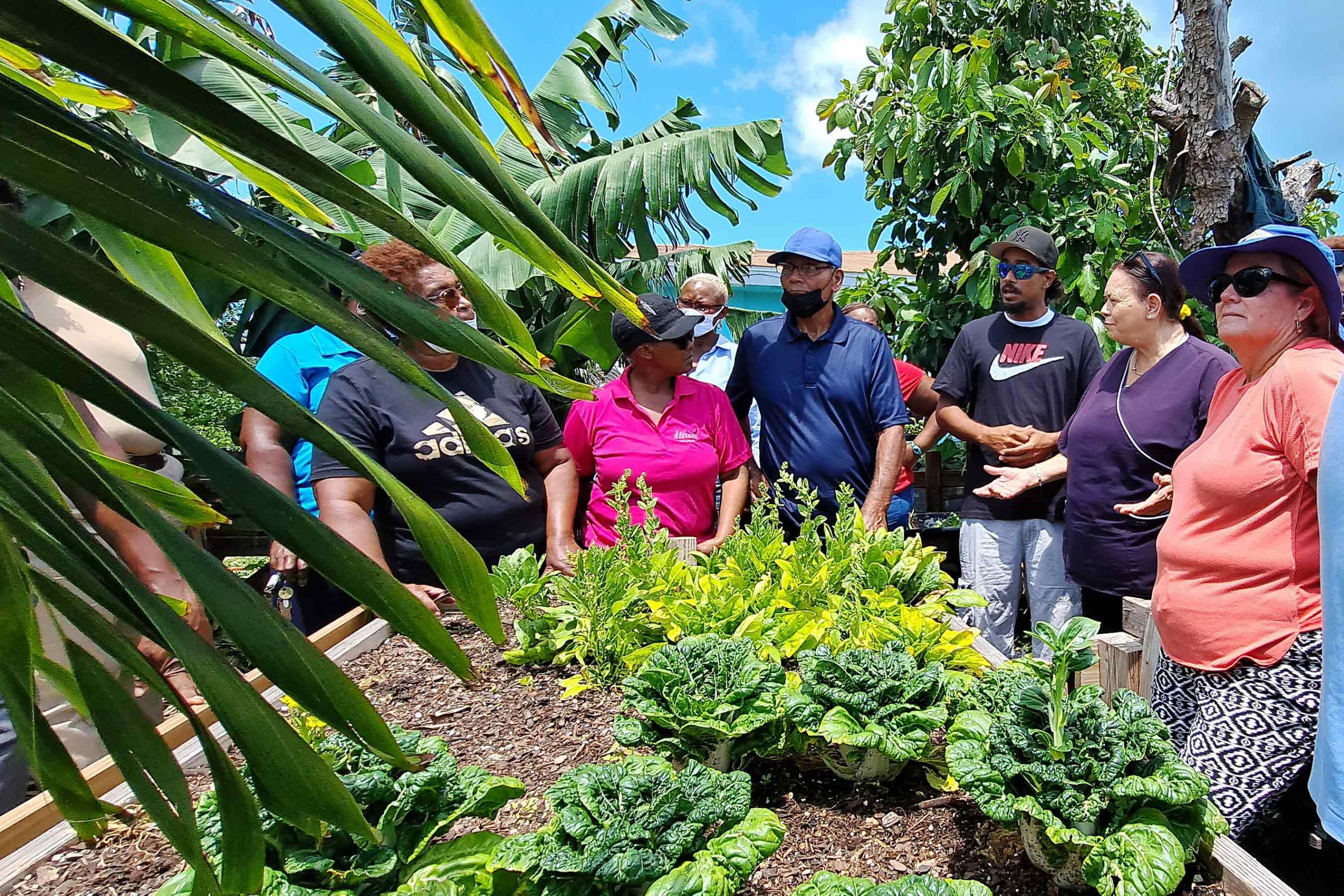
The recovery in the Bahamas after Dorian is moving forward as Convoy of Hope and USAID help farmers grow more to decrease their dependence on imports. Experienced farmers and novice planters alike are finding renewed purpose through Convoy of Hope. Because of Convoy’s partnership with USAID’s Farmer to Farmer program, generational change is occurring in the prolonged aftermath of Hurricane Dorian.
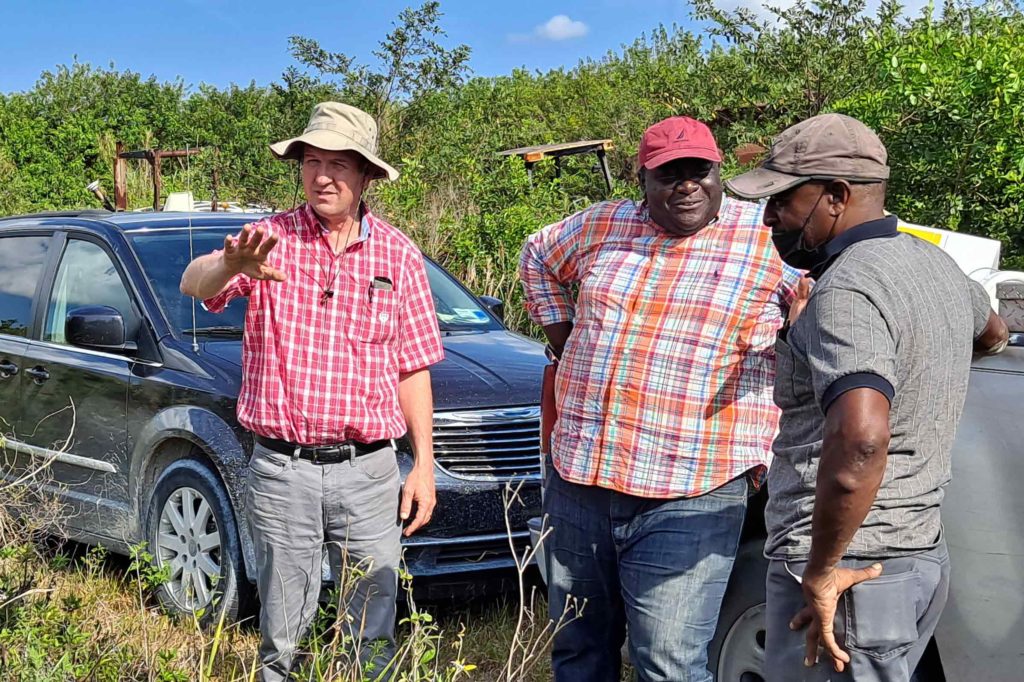
“When I think back to growing up on the island, this is all we had to fall back on — farming and fishing,” said a resident farmer in the Bahamas. “Now, since Dorian and the pandemic, it seems like things have gone haywire.”
The Struggle After Dorian
Convoy was in the Bahamas soon after Dorian — a slow-moving, Category 5 hurricane — demolished the island chain. The response was multi-faceted and intentional. Teams provided anything from emergency food and water, to furniture and building supplies.
“We’re committed to staying until the job is done,” said Convoy of Hope President Hal Donaldson.
Recovery isn’t predictable, though. In an economy dependent on tourism, Dorian’s wrath meant the main source of income was on hold. Hopes were that, within a year, infrastructure would heal enough to host cruise ships and vacationers.
Then COVID-19 hit.
Quarantine forced everyone inside, and there was still no source of income. It became clear to many that being dependent on one industry wasn’t sustainable. “If containers don’t show up on the islands every 48 hours, grocery store shelves would be empty,” said Alyssa Killingsworth, Convoy of Hope’s Partner Relations Manager.
Working Together, Convoy & USAID Help Farmers
Many Bahamians realized the need to become more independent and decided to try farming and agriculture. But again, they ran into barriers. The soil of the Bahamas is poor quality for raising crops. Many were losing hope that anything could actually happen to improve their futures.
But transformation is possible in even the most difficult circumstances.
Partnering with USAID’s Farmer to Farmer grant program, the University of Missouri Agriculture Extension, and others, Convoy of Hope is helping farmers by empowering them with knowledge.
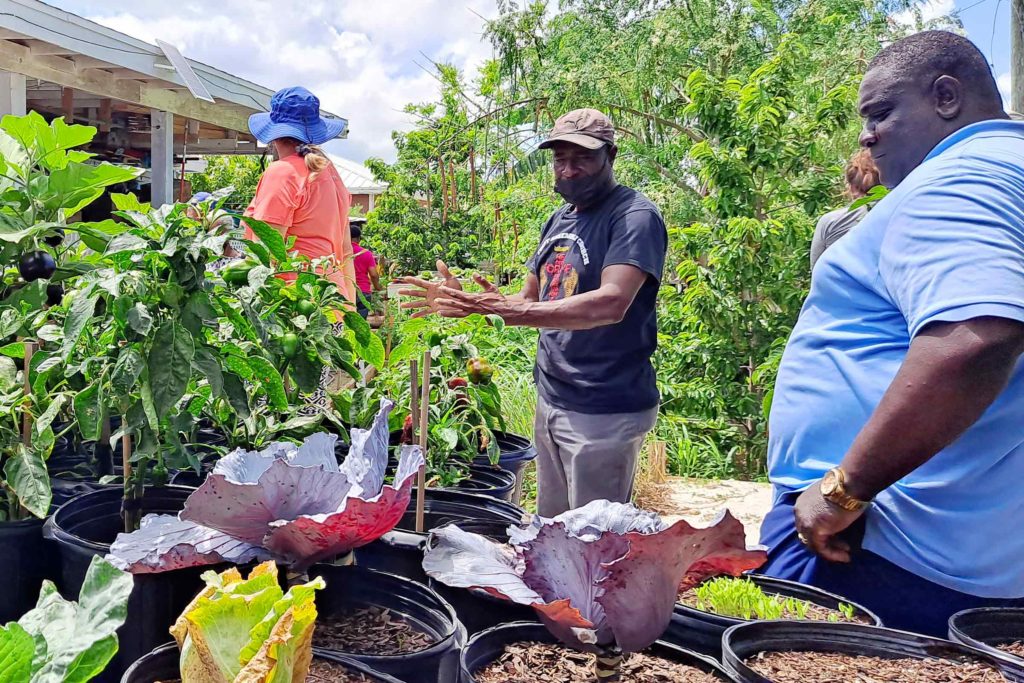
“You’ve got people that are reflecting on, ‘Well, can we become more self-reliant in terms of food production?’” said Matt Herring, University of Missouri Extension Regional Director of East Central Region and Former Field Specialist in Agronomy. “And I think there’s a hunger there. There’s an interest. There’s a drive to gain knowledge to start using the resources that they have to start producing their own food.”
Matt was one of the first agronomy specialists to train farmers in the Bahamas. He and other experts are sharing knowledge on how to increase soil quality. Farmers are also learning which crops are best for their environment and how to market their produce. There are sessions for beginners with small-scale, home gardens, and for experienced farmers.
Convoy of Hope is the only organization that offers this kind of training in the entire island chain. In the first week, between 300 and 400 farmers attended.
“Not only are they learning from us, but they’re learning from each other,” said Debi Kelly, Field Specialist in Horticulture at University of Missouri Extension. “They have to learn to lean into each other, and I saw that start to happen.”
Long-term recovery requires long-term solutions. This means that these agricultural trainings will continue into early 2023. And as the results of hard work begin to grow, Convoy of Hope remains committed to helping farmers flourish.
